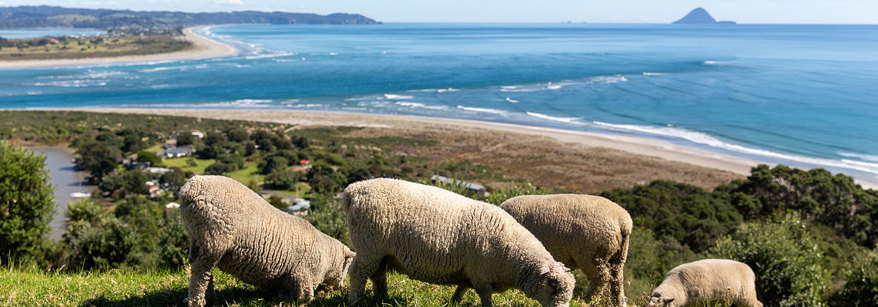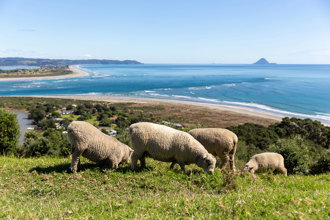All types of farming need to be managed carefully to avoid adverse impacts on our environment and waterways.
The sustainability of farming activities depends on reaching a balance between the financial, social, cultural and environmental issues that arise as a result of on-farm practices. There are four main contaminants that can impact surface water and groundwater, affecting swim ability and waterway health: Nitrogen, Phosphorus, Sediment and E-Coli.
- Nitrogen is mainly lost as nitrate leaching through the soil profile into ground water and later into surface water. An overseer analysis can be used to help farmers understand their nitrate losses and mitigate to reduce them.
- Sediment, Phosphorus and E-coli is commonly lost in surface run off events, critical source management and erosion control is needed to mitigate these losses.
- Effluent from livestock contains a high percentage of Nitrogen, Phosphorus and E-coli so needs to be managed carefully to avoid adverse effects on water quality.
- Spray drift of agricultural chemicals can also be of concern, in horticultural growing areas in particular.
Farmer-lead Catchment Groups are one solution helping farmers in our region address the above issues in their community and with their neighbours. Find out more and if there’s a catchment group in your local area or contact your local Land Management Officer.
In 2020, Government announced new national rules and consenting requirements for the management of farming and horticulture activities, including:
- dairy farm or forestry-to-pasture conversions of more than 10 hectares
- irrigation expansion of more than 10 hectares
- intensive winter grazing on forage crops
- expansion of dairy support activities
- stock-holding areas
- synthetic nitrogen fertiliser use and reporting
- work in or near wetlands and rivers
- structures in rivers
- compulsory farm plans
- water use metering and reporting, and
- stock exclusion from waterways
Useful links for Dairy farmers in the Bay of Plenty







